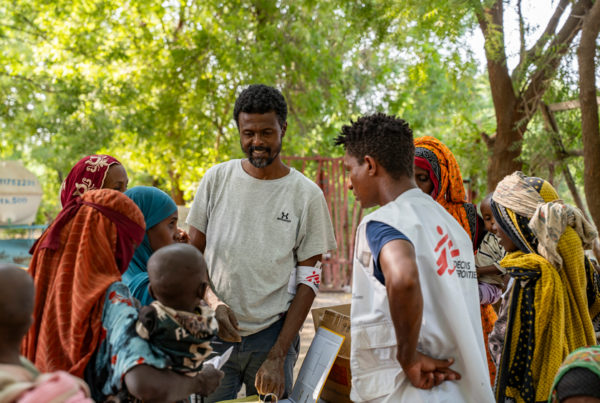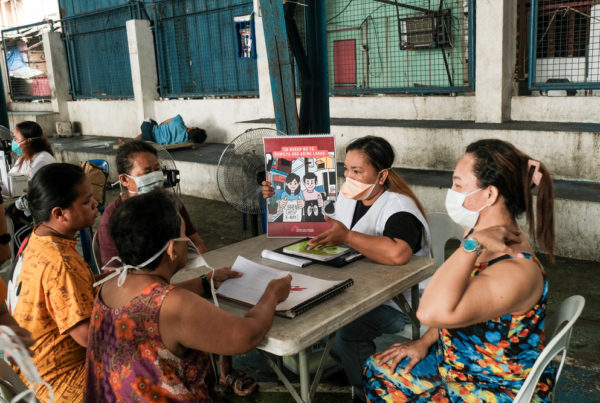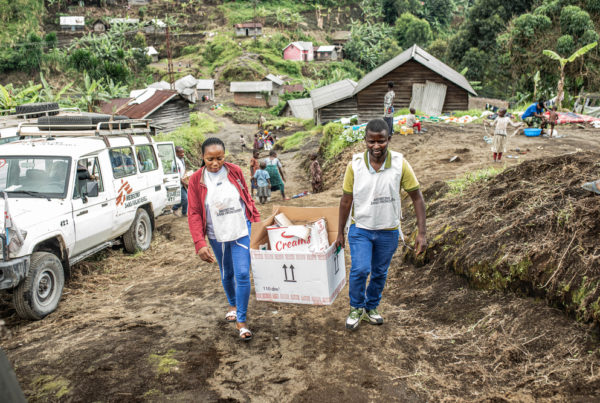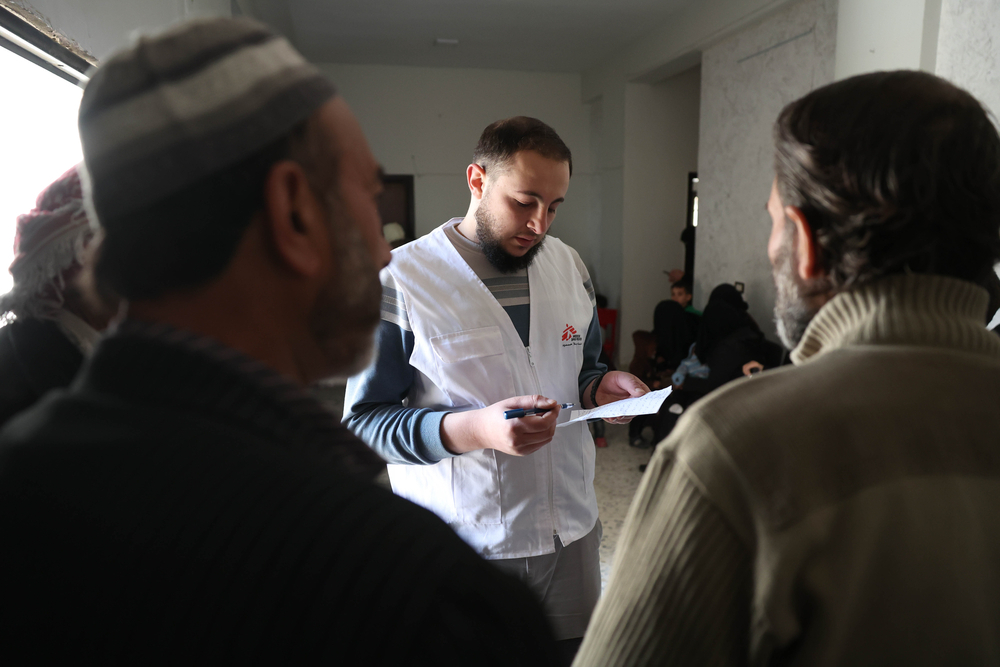
It’s Friday afternoon. You’re finally heading home after weeks of non-stop work. You’ve been counting down to this moment of rest when your phone rings.
It’s your manager. There’s been an incident. You’re needed – urgently – to negotiate with someone you’ve never met. Lives may depend on it. There’s barely any context, no time to prepare.
Meanwhile, your field team is exhausted, buried in operational chaos. Donor reports are overdue. Half the office is new. A few are out sick. You feel the weight of it all pressing in.
Too much, too fast. Sound familiar?
Whether you’re a seasoned humanitarian negotiator or navigating pressure in a different role, moments like this test more than your strategy: they test your capacity to stay grounded, focused, and clear.
There are tools you can use. To pause. To manage your nervous system. To lead, even when the pressure peaks.
The secret? It starts with how you manage yourself.
Why is pressure management important?
Research has shown that when pressure is left unmanaged or managed poorly, it can negatively impact your negotiation process.
Yet working in conflict zones naturally comes with pressure. Humanitarian negotiations are challenging, requiring skill, resilience, and a steadfast commitment to addressing human needs in complex environments.
As a humanitarian negotiator, you likely face pressure from multiple directions: unstable contexts, organisational demands, and emotional toll.
Dealing successfully with pressure has become an essential skill, not just for humanitarian staff on the ground, but also for managers and organisations.
How can you manage pressure effectively – and do it consistently over time – to continue making an impact?
What is pressure in humanitarian negotiations?
Pressure in humanitarian negotiations refers to the psychological, emotional, and physical strain that arises from navigating complex environments, interacting with difficult counterparts, and making critical decisions under uncertain conditions.
Pressure is inevitable in humanitarian work, but with the right tools and strategies, you can manage your stress response.
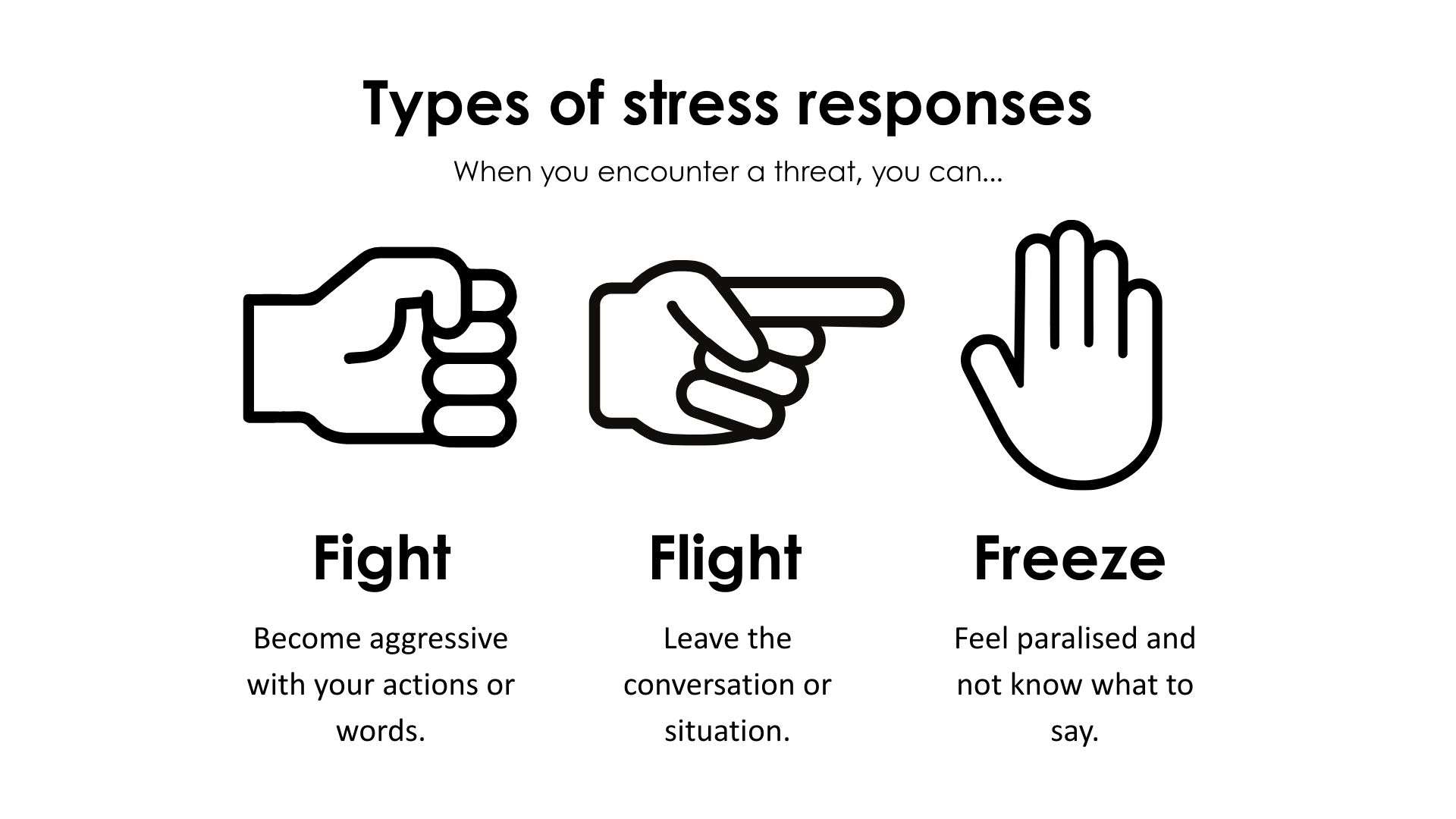
Understanding the sources of pressure
As a humanitarian negotiator, you can encounter unique stressors, including:
- Complex and unstable environments. Political instability, physical insecurity, and unpredictable conditions often dominate negotiation settings.
- Organisational challenges. Internal dynamics, hierarchy, and resource limitations can create additional layers of stress.
- Emotional and psychological demands. Exposure to trauma, high-stakes decisions, and difficult counterparts makes pressure unavoidable.

Maude Pittet Nazareno, CCHN Project Manager – Pressure Management and Mentorship
“Pressure arises from personal, team, organisational, and sector-wide factors. But just like these layers can create pressure, they become powerful sources for resilience, adaptability, and collective strength when they have a solid and supportive foundation.”
Our research has shown that new technologies, like instant messaging applications or social media platforms, have become an additional layer of pressure. Constant communication, for instance, between field and headquarters teams makes negotiators feel under continuous observation and less autonomous by limiting their decision-making power. It forces them to justify all decisions and relationships, making them feel demotivated and powerless.
Recognising these sources is the first step in managing them effectively.
The impact of pressure on humanitarian negotiators
Pressure has far-reaching implications, affecting your mental, emotional, and physical capacities:
- Mental: Persistent pressure can lead to cognitive overload, decision fatigue, and difficulty concentrating. You may struggle with overanalysing situations or second-guessing your decisions.
- Emotional: During high-pressure situations, you can often experience heightened anxiety, frustration, or emotional detachment. Prolonged exposure to such stress can result in burnout or feelings of isolation. Pressure can also highly impact your behaviour and communication, affecting not only the negotiation process but also team dynamics.
- Physical: Pressure manifests physically through symptoms such as headaches, fatigue, or other stress-related ailments. These bodily responses may compromise overall performance during critical negotiations.
Coping mechanisms and resilience in the face of pressure
Despite these challenges, many humanitarian negotiators display remarkable resilience, leveraging their professionalism and dedication to manage pressure and maintain focus.
According to our research, different elements can improve your ability to cope with pressure.
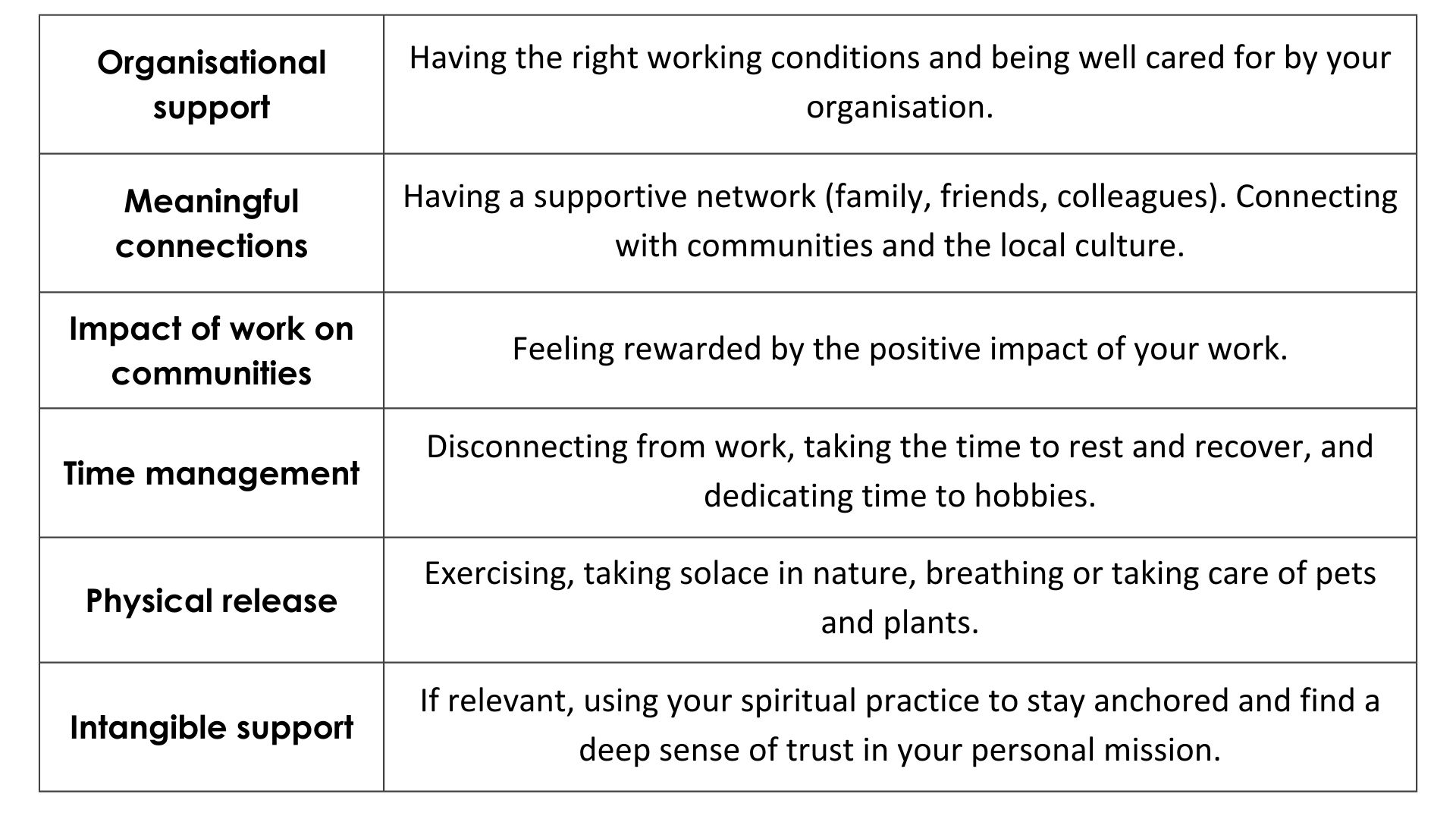
Practical steps for managing pressure
Now that we have seen what pressure is, how it affects your negotiations and why it’s important to manage it, here are actionable strategies to help you stay resilient.
1. Prepare thoroughly
Mental and emotional preparation is a cornerstone of effective pressure management.
Tools like the CCHN Field Manual provide structured methodologies for analysing situations and planning your approach. They can help you familiarise yourself with the context, stakeholders, and possible scenarios.
Adequate preparation also includes physiological and emotional stress inoculation, like gradually training the nervous system to respond with greater stability and reduced reactivity under pressure. We practice this in the CCHN “Prepare for Pressure” workshop.
Preparation not only boosts confidence but also equips you to handle unexpected challenges.
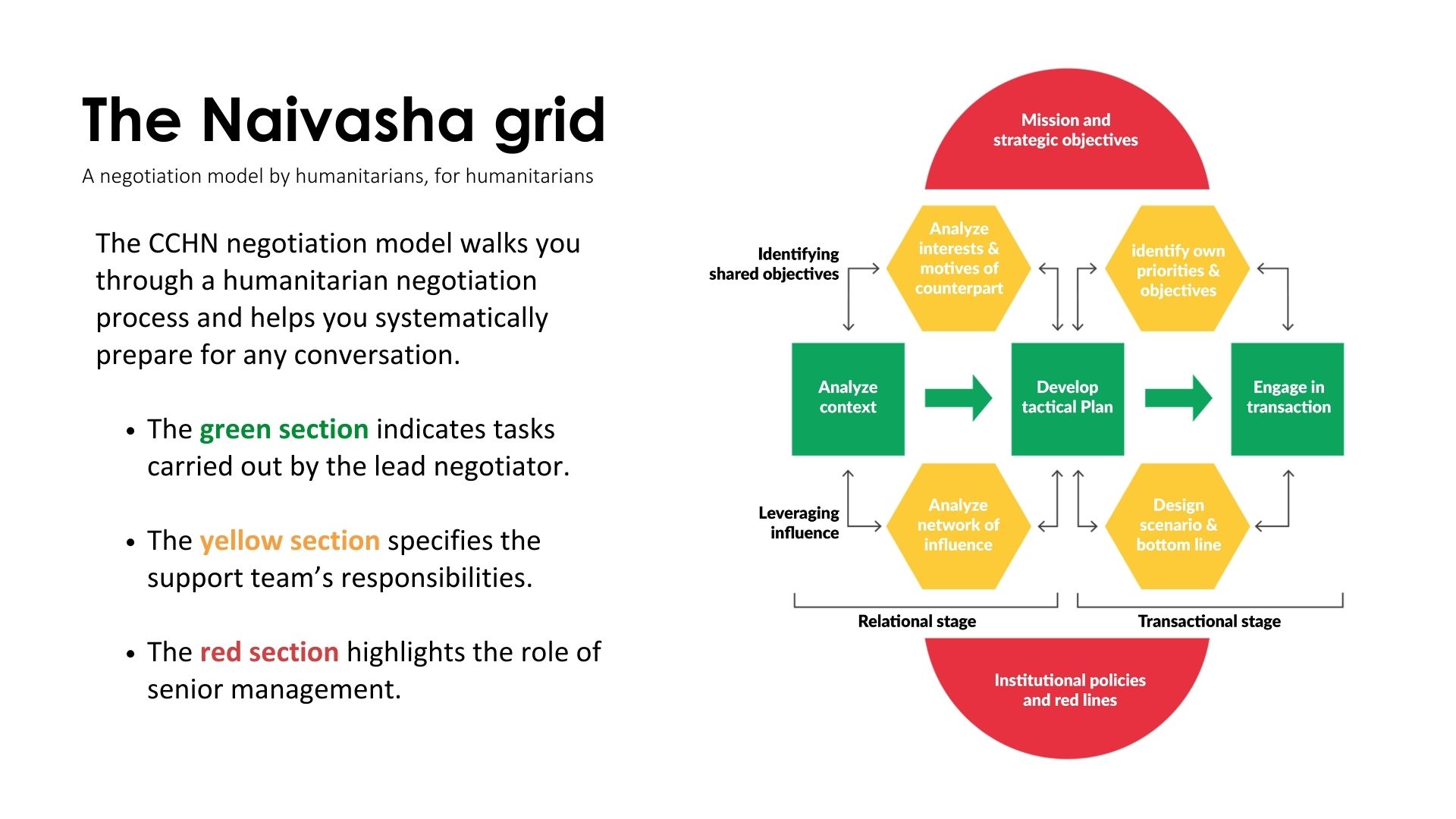
2. Learn how to regulate your emotions during negotiations
Staying calm and composed is crucial in high-pressure situations.
No matter your type of stress response, simple practices like deep breathing or pausing before speaking can help you reset and refocus.
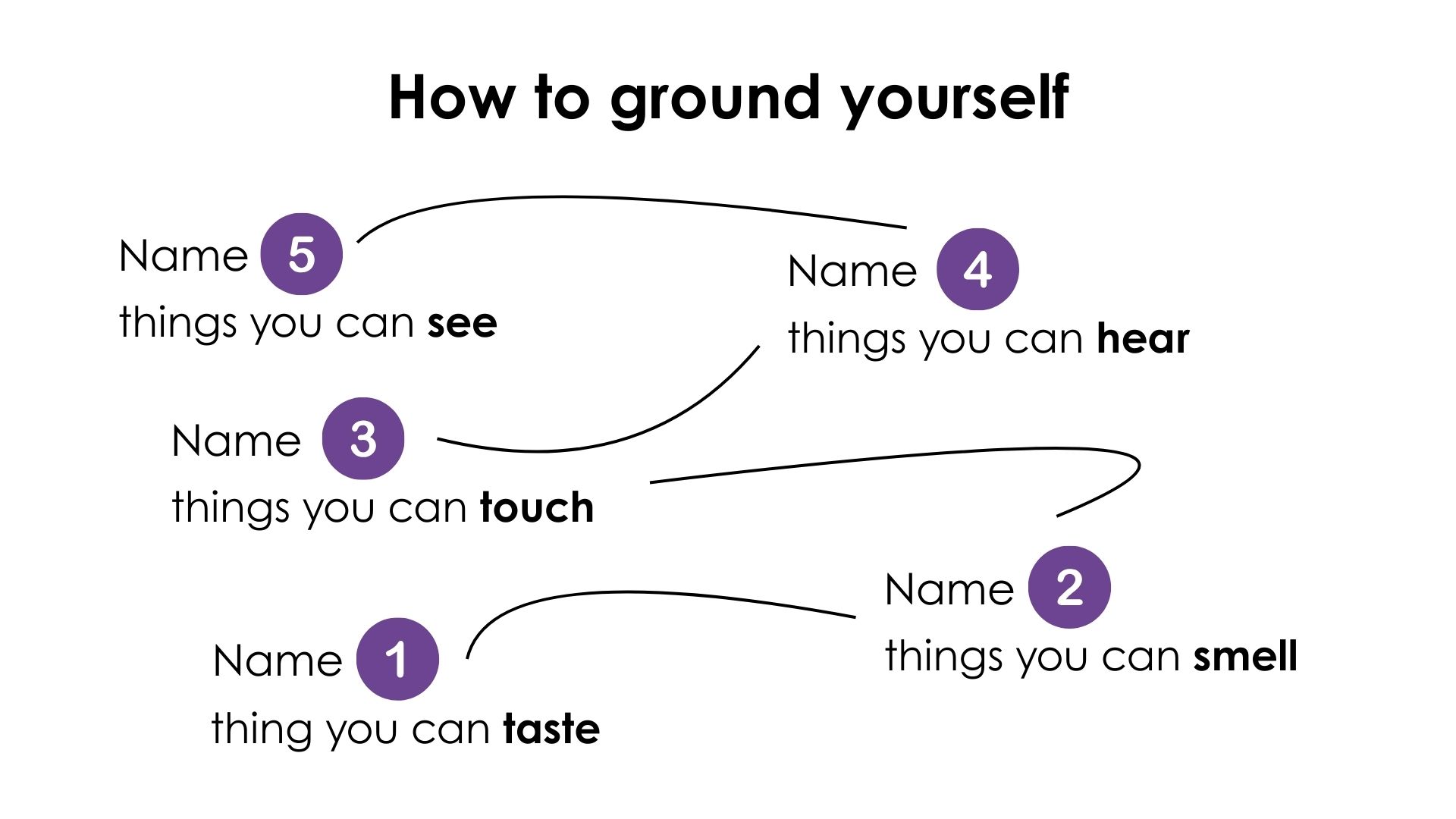
3. Build trust and connection
Human connection can be a powerful way to lower pressure.
Engage with counterparts as individuals – acknowledge shared experiences or discuss common challenges. This approach fosters mutual understanding and can lead to more constructive dialogue.

Maura James, CCHN Project Manager and Researcher
“The way to lower pressure during intense negotiations is by reconnecting as human beings and acknowledging shared needs, like asking for a glass of water or adjusting the environment. It reminds both sides of their humanity.”
4. Focus on self-care
After intense negotiations, prioritise your well-being. Debrief with colleagues, reflect on lessons learned, and engage in activities that replenish your energy.
While you might excel in handling pressure during the event, creating space for recovery afterwards is essential for long-term resilience.
Remember…
Pressure is inherent in humanitarian negotiations, but it doesn’t have to overwhelm you.
Rely on a mix of mental, emotional, and physical strategies to manage pressure:
- Mental: Analysing situations and maintaining rationality are common coping mechanisms.
- Emotional: Support from peers and mentors provides a sense of belonging and psychological safety.
- Physical: Exercising or tapping your foot during negotiations can help release stress.
- Spiritual: For some, finding meaning in their work or trusting in a higher purpose can provide solace during tough times.
By preparing thoroughly, regulating your emotions, fostering connections, and prioritising self-care, you can navigate challenges effectively and continue making a difference.
Remember, resilience isn’t about avoiding pressure – it’s about learning to manage how you respond to it. Most of all, resilience isn’t so much about knowledge as it is about establishing a regular practice. Embrace these strategies to thrive in your role as a humanitarian negotiator.
For more information, read our report on negotiating under pressure.
Good luck!

